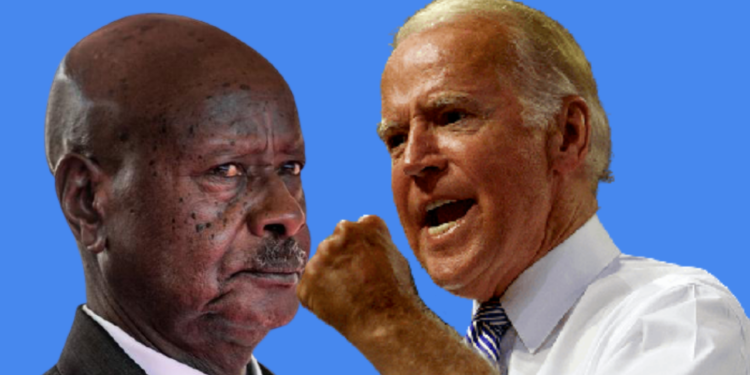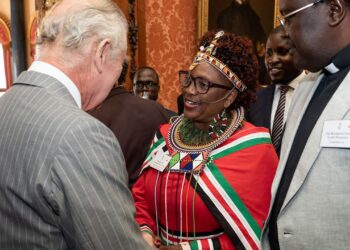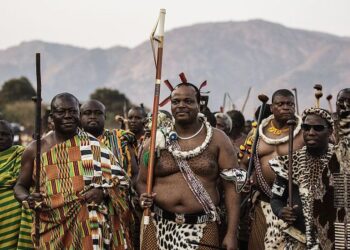The United States is introducing a revamped version of the Africa Growth Opportunity Act (Agoa) trade arrangement with African nations, signaling a desire for stronger ties while imposing stricter conditions.
However, the proposed extension, pending congressional approval, could have negative implications for countries like Uganda, the Central African Republic, and Gabon.
Experts warn of potential job losses, reduced foreign exchange earnings, limited utilization of local resources, and slower value chain development across multiple sectors, including with neighboring nations.
At the 20th Agoa Forum in Johannesburg, American officials acknowledged the significance of Agoa in alleviating poverty in Africa.
Still, they emphasized the need to adapt it to current challenges such as growing inequality and the climate crisis.
Katherine Tai, the US Trade Representative, stated that discussions revolved around making the program more effective, inclusive, and relevant.
The goal is to foster equitable economic growth in Africa, emphasizing worker empowerment and non-discrimination.
This comes with stricter enforcement, excluding nations with isolationist laws.
President Joe Biden has taken measures to exclude certain countries from Agoa due to violations, including Uganda.
Simultaneously, he has requested Congress to extend the law in place since 2000, aiming to modernize and remove its weaknesses.
Despite Agoa’s significance in promoting private sector-led growth in sub-Saharan Africa, the US aims to refine it to better meet its objectives.
The US delegation, led by Katherine Tai, reiterated Agoa’s importance, fostering dialogue with African partners in government, the private sector, trade unions, and civil society.
For Uganda, the proposed extension isn’t cause for celebration until Congress responds to Biden’s decision on Uganda’s fate.
Uganda could potentially lose access to Agoa’s $1.03 billion duty-free market, joining other countries like Burundi, Rwanda, and South Sudan, which have faced Agoa penalties.
Uganda’s recent clash with the US stems from its anti-same-sex legislation, which the US deems a violation of universal human rights.
The economic consequences of this decision may also impact neighboring countries, given the integrated apparel and clothing value chain.



























































